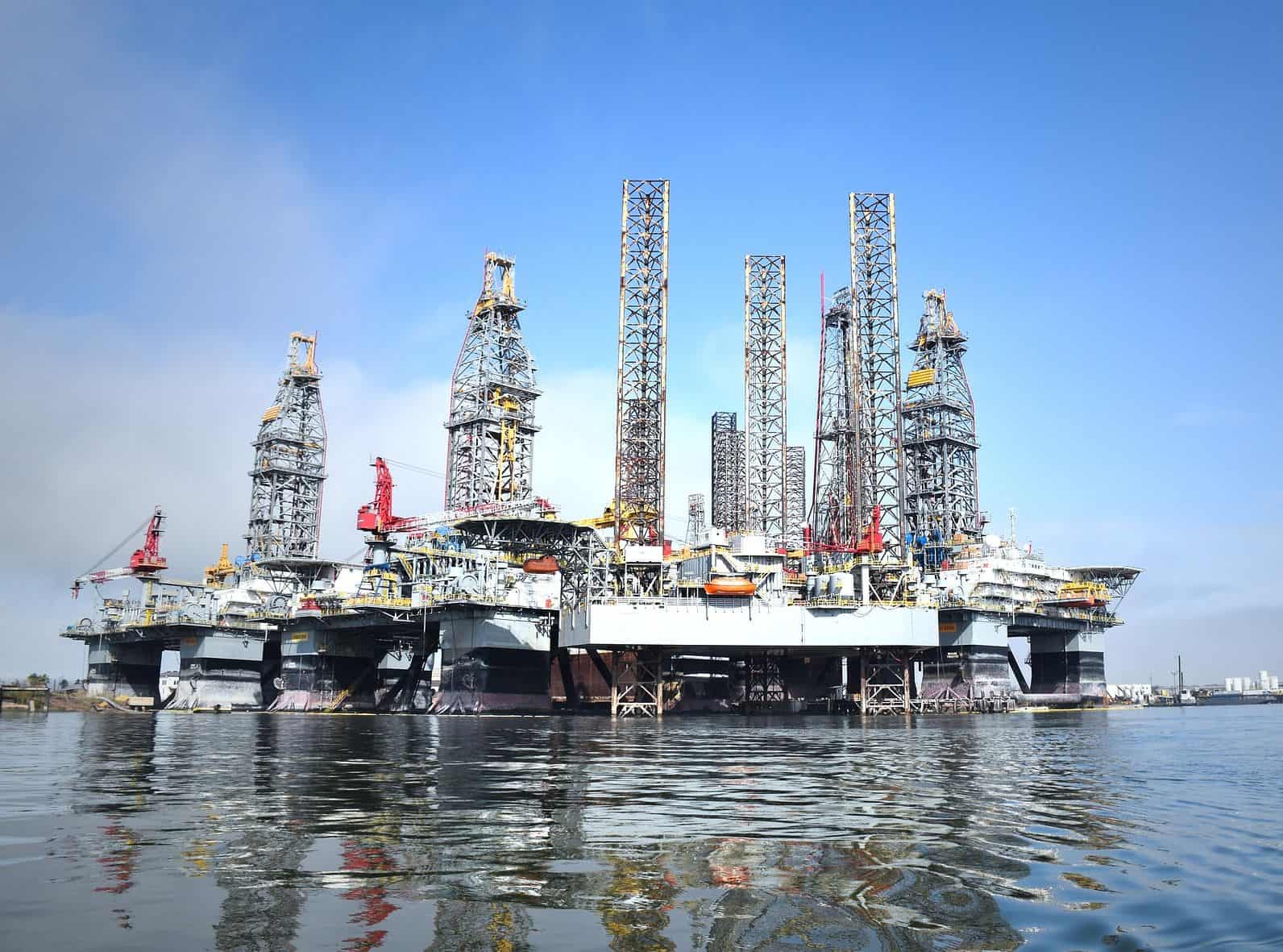Oil prices have soared since Russia invaded Ukraine, but experts say oil-producing Arab Gulf states are neither able nor willing to ramp up output to help stem the spike.
Germany’s Economy Minister Robert Habeck on Tuesday issued an “urgent appeal” to the Saudi-led OPEC oil producers’ group, urging it to “increase production in order to create relief on the market” amid supply fears.
US President Joe Biden on Tuesday announced a ban on US imports of Russian oil and gas, while Britain said it would phase out crude imports from the country by the end of this year.
Russia is the world’s largest producer of gas and second-largest oil producer behind Saudi Arabia.
US media outlets have raised the possibility of an official visit to Riyadh, which is close to both Washington and Moscow, to convince it to pump more crude.
Is there the capacity?
Not to cover the drop entirely.
Analyst Amena Baker from Energy Intelligence said the group “now estimates that Russia’s combined exports of crude oil and refined products have fallen by about 3 million barrels per day, and could shrink by another 2 million bpd over the next week or so”.
The only OPEC members that could supply more oil are Saudi Arabia, the United Arab Emirates, and to a lesser extent Kuwait and Iraq.
But with an estimated combined reserve capacity of just 2.5-3 million barrels per day, it wouldn’t be enough to make up for the drop in Russian exports.
Will prices fall if Gulf hikes production?
Yes, in theory.
But using reserve capacity would limit oil-producing countries’ room for maneuver in case of further supply disruptions, and pricing would take that into account.
“Prices may not fall much, and the markets will be vulnerable to any supply disruption shocks that no supplier will be able to handle,” said Yousef Alshammari, head of market research firm CMarkits.
He said prices would remain in the triple digits, reflecting the geopolitical risks.
Baker also expressed fears of “market panic” if all reserve capacity were used up.
Why the hesitation?
Gulf countries have an interest in acting in coordination — both within the Organization of the Petroleum Exporting Countries (OPEC), and with Russia-led allies in the OPEC+ group — to avoid a price war and keep control over the market.
Robin Mills, CEO of Dubai-based Qamar Energy, said that it was “difficult to agree within OPEC+ for higher production levels, where most members are already producing at maximum levels, and Russia itself is a member”.
Saudi Arabia and the UAE have so far avoided taking a position against Russia, and “it would appear they are disappointed with US support over various political/security issues”, Mills added.
The two countries, both part of a military coalition supporting Yemen’s government against Iran-backed Houthi rebels, accuse the US of not taking a strong enough stance against the insurgents.








